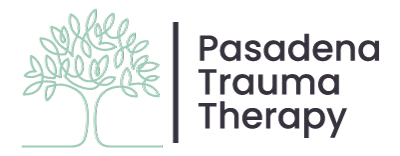If you are living with traumatic events from your past, ranging from insult, abuse, humiliation, violence, attachment wounds, or even subtle disappointments, therapy could be a safe space to address these injuries. Through a collaborative approach and taking into account the mind & body, we join our clients on a journey of exploration, growth, and healing. We can assist you in reconnecting with yourself, feeling grounded, and managing your life more smoothly.
We become traumatized when our capacity to respond to a perceived threat is in some way overwhelmed. Trauma impairs our ability to connect- to ourselves, to our bodies, to others, and to the world. Trauma is stored in the body. This is why body-oriented therapies, such as EMDR, the Trauma Resiliency Module (TRM), and Brainspotting are healing for trauma. Feel free to ask more about these treatments.
Examples of Trauma can include:
- Childhood Abuse
- Physical Abuse
- Sexual Assault
- Emotional Abuse
- Birth Traumas
- Incest
- Neglect
- Natural Disasters
- Growing up in chaos
- Wars
- Domestic Violence
- Acts of Violence
- Death of a loved one
- Abandonment
- Car Accidents
Symptoms of trauma can include:
- Hyper-arousal
- Physical symptoms: such as sweating, muscle tension, increased heart rate, difficulty breathing, etc.
- Mental process: ruminating thoughts, racing mind, etc. Intrusive imagery or flashbacks
- Abrupt mood swings: going from anger to crying, to temper tantrums
- Exaggerated emotional and startle responses
- Feelings of helplessness
- Constriction: focused on the threat, narrowing of perception, the digestive system is inhibited, feel tense or numb and shut down
- Dissociation and denial: act as though nothing has happened, disconnected, etc.
- Shame and lack of self-worth
- Extreme sensitivity to light and sound
- Sleep problems: such as insomnia, nightmares, and night terrors
Other symptoms can also show up later if the trauma has not been dealt with, like:
- Panic attacks, anxiety, and phobias
- Attraction to dangerous situations
- Depression
- Spaced out feelings/dissociation
- Avoidance behavior/ Inability to make commitments
- Digestive problems
- Addictions: can include addictions to food, gambling, sex, drugs & alcohol, shopping, smoking, etc. Increased or decreased sexual activity
- Amnesia and forgetfulness
- Self-mutilation: can include cutting
- Psychosomatic illnesses: such as migraines, neck and back problems
- Chronic pain
- Severe premenstrual problems


